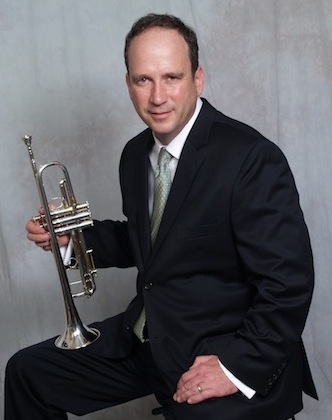
The Oakland-East Bay Symphony doesn’t have the best venue for an orchestra, nor the budget it might like. But it does have a world-class conductor with energy and vision. Their coming concert, Heroes and Giants, is a demonstration of Michael Morgan’s programming genius. Two composers on this program are nowadays defined as victims of tyranny. But Erwin Schulhoff is better remembered as a great musician who, despite dying in a Nazi concentration camp at 48 years old, had time to participate in most of European modernism’s signal prewar styles. And that includes Dadaism: Schulhoff’s 1919 piano piece “In futurum” is made up entirely of silence — elaborately notated rests — which anticipates John Cage’s 4’33” by 23 years. The Suite for Chamber Orchestra, the piece that appears on the OEBS program, is one of the first European works to incorporate serious jazz influence.
Mieczyslaw Weinberg emigrated to the Soviet Union in 1939, and thus was saved from the fate that befell his family at the hands of the Nazis. But he was not spared the destructive power of totalitarianism, since it was almost impossible not to fall afoul of Soviet arts policy in the postwar period. His friendship with Shostakovich saved him literally and artistically. The Trumpet Concerto on the OEBS concert quotes the Mendelssohn "Wedding March,” interestingly enough.
After that comes a Beethoven bombshell: the “Eroica” Symphony, appearing in a context that may restore some of its bite. The composer did, after all, scratch the name “Napoleon” off of the symphony’s title page.

